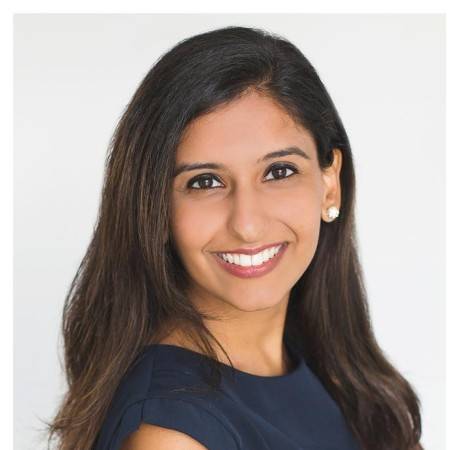When most resident physicians hear the word "resident wellness initiative", it’s followed by an inevitable eye-roll and dubious brow raise. Because most of us - having come to this stage in our seemingly never-ending career as learners - know what keeps us well: our family and friends, sleep, exercise, good nutrition, spirituality, hobbies, etcetera. What is more elusive is recognizing when we are unwell and how and where to seek help.
As a PGY1, I was part of a large focus group that begged the question - "how to optimize resident physician wellness?" A number of residents felt that decreasing time spent on household tasks (to free up more time for "wellness") was one area of possible intervention. As such, meal preparation programs and home cleaning services were suggested as possible solutions. As a PGY 6, I wouldn’t hang-my-hat, so to speak, on these improving resident wellness. Reducing fatigue? sure. But reducing burnout? Probably not.
Many of us view residency as a stepping stone to something greater in our careers in medicine. What is often overlooked is that residency is the essential foundation upon which we develop and hone the skills and strategies to support our patients, but possibly more importantly, ourselves and our colleagues. Residency can often feel insular and it can be difficult to admit that you are struggling and/or need help. However, the chances are that there is another resident who themselves has had, or knows a colleague with, a similar experience. That person may not be in the same program or year; they may not even reside within the same city. Nonetheless, know that reaching out to your colleagues is an option - one that doesn’t make you weak, less competent or inferior in any way. It makes you human. There’s a quote by Brené Brown that encapsulates this: “one day you will tell your story of how you’ve overcome what you’re going through now and it will become part of someone else’s survival guide.”
Outside of connecting with resident colleagues, there are a number of program-specific resources at a resident’s disposal should they feel comfortable reaching out. Competency coaches, program directors and program ombudsmen are all available to assist resident physicians that may be struggling with burnout or in other capacities. Should you not feel comfortable reaching out to your program, there are a number of resources through PARA, PGME, the Universities and the Alberta Medical Association that can be accessed at this link. Therapists and mental health counsellors are available to residents through these resources and in addition to one’s primary providers, can be a valuable source of assistance.
Lastly, many of us have not reached our medical careers in isolation - rather, it has been the culmination of the hard work and support of a network of our loved ones both within and outside of medicine. Burnout is not unique to residency training, nor is it unique to medicine. Seeking support from friends and family who may offer new perspectives establishes interpersonal resilience, which consequently provides the self-compassion and self-efficacy necessary for medical training.
If you or a loved one is struggling and need immediate assistance, contact 911 or the Distress Centre 24-hour crisis line 403-266-4357 (Calgary) or 780-482-4357 (Edmonton).
***
Dr. Alysha Rasool is a PGY6 in Family Medicine at the University of Calgary.




Be the first to leave a comment!